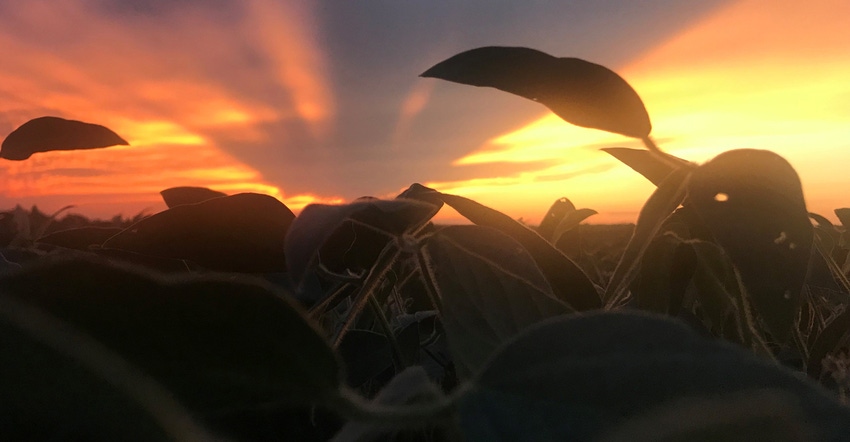November 14, 2022

A university professor recently predicted we’d see more professional farm managers over time. And to do that, farm management organizations would need new, additional talent.
Honestly, this flew in the face of what I’ve always believed. My theory was that technology and mechanization would advance, giving producers and managers the ability to do more and be more productive. Therefore, we’d need fewer producers and fewer managers.
But the more I think about it, the more I tend to agree with the professor.
Over the past 10 years, investors have realized farmland is a good investment, and interest has exploded. Others already knew it was a good investment, but barriers to entry kept them out — like the need for large capital investment and specialized knowledge.
Now, vehicles like farmland real estate investment trusts (REIT) and crowdfunding platforms are reducing the amount of capital needed by any single investor. An REIT is a company that owns or finances income-producing real estate across a range of property sectors.
That ability to pool a larger number of acres reduces the cost for the specialized knowledge that members of the Illinois Society of Professional Farm Managers and Rural Appraisers can provide — the kind of knowledge that helps those investors optimize their investment.
Make the world a better place
One refreshing observation: Those investors are interested in conservation and sustainability. They’re focusing on something called environmental, social and governance investing, or ESG. It’s a strategy an investor can use to screen investments based on how a company safeguards the environment, their workplace and community, and their leadership.
Anybody can say they do good things, but how does an ESG investor know what’s really happening? The answer is to use independent third-party verification and grade the investment manager like a report card.
I helped develop the leased-row-crop ESG criteria for one such third-party standard known as Leading Harvest. It’s one of hundreds of different standards in the agricultural space. Many are specific to crops and may be prescriptive — meaning they name the practices a farmer needs to adopt to meet their criteria (telling farmers how to farm).
The developers of Leading Harvest wanted to develop a standard that could be applied to all types of crops and would be results-oriented. Farmers are the original conservationists and know what works best for them. Leading Harvest wants to document conservation practices that are already occurring, encourage improvement and highlight exceptional performance.
For an individual farmer, the cost is the challenge with a program like Leading Harvest. Paying someone to grade your performance can get expensive if you’re not spreading it over a lot of acres. Costs are coming down, thanks to donors like the Walton Foundation, and enrollment is over 2 million acres.
There may be a day when enrollment could give you the edge if you’re being considered for a lease or investor-partner.
Organic option
Another way to help develop your ESG is to go organic.
ISPFMRA’s midyear survey reported an 18% increase in farmland values in 2022 — but 33% of the farm managers surveyed also reported increased interest in converting conventional farms to organic.
Purdue University recently received a $1.5 million USDA grant to study organic cropping systems in Indiana, Illinois and Wisconsin, partnering with Western Illinois University and the University of Wisconsin-Madison.
My observation? Organic production is becoming more mainstream.
If you’re interested, there are many organic resources available. The Land Connection’s annual Organic Grain Conference is in Champaign, Ill., Feb. 8-9. Attending would be a great way to start your journey into the world of ESG.
Lauher owns Rolling Acres Ag Solutions and is a member of the Illinois Society of Professional Farm Managers and Rural Appraisers. Email questions to [email protected].
You May Also Like




